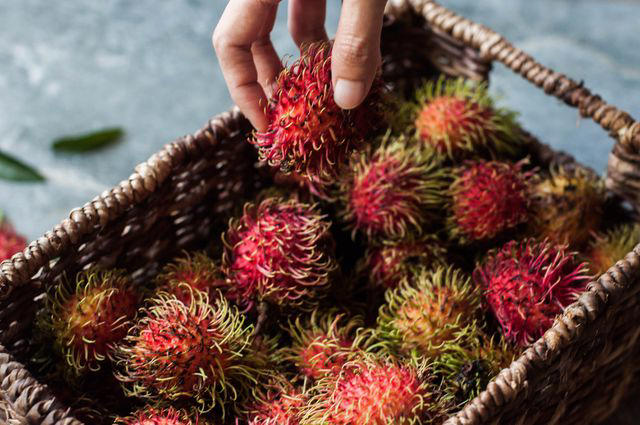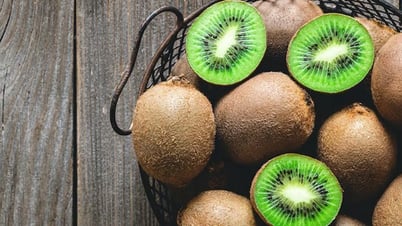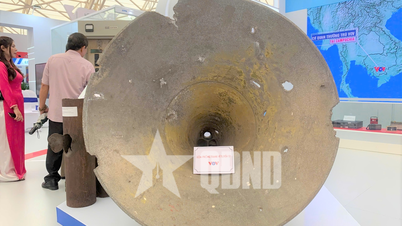Rambutan is a tropical fruit native to Southeast Asia, including Vietnam. It is red and green in color, covered with hairs and is often described as resembling a sea urchin. In our country, the rambutan season lasts from April to June.
Don’t let the appearance of the fruit fool you, inside the rambutan is a smooth, sweet and sour flesh that is delicious and nutritious. Rambutan is packed with fiber, vitamins, minerals and phytonutrients that are beneficial to health.
Benefits of eating rambutan
Rambutan is a good source of vitamin C, minerals and plant-based compounds. Its roots and bark have been used in various countries to treat fevers and ailments.
Good source of vitamin C
Like many fruits, rambutan is a good source of vitamin C. This water-soluble vitamin aids in iron absorption, plays a role in immune function, wound healing, collagen production, and is a powerful antioxidant.
The recommended dietary allowance of vitamin C is 90mg for men and 75mg for women. 150g of rambutan provides about 8-10% of your daily vitamin C needs.

Fiber promotes gut health
Fruits contain fiber, which increases bowel regularity and elimination. Fiber is an essential nutrient and adequate fiber intake has been linked to better metabolic health, reduced risk of certain cancers, obesity, heart disease, etc.
Optimizing your fiber intake also helps improve your gut flora (good bacteria). Having more good bacteria helps keep bad bacteria in check. Having higher levels of bad bacteria than good bacteria is called dysbiosis and has been linked to a number of adverse health outcomes.
Luckily, eating more rambutan can help you solve this problem.
Contains manganese and copper
Rambutan contains the micronutrients manganese and copper. Manganese plays an important role in several enzymes involved in bone formation and carbohydrate and fat metabolism.
Copper, an essential mineral, is also a cofactor of several enzymes and is involved in energy production, iron metabolism, connective tissue synthesis, and neurotransmitter synthesis.
Other potential benefits
Several studies have shown that rambutan peel and fruit extracts contain plant-derived compounds (such as corilagin, ellagic acid, and geraniin). These compounds may have benefits for blood sugar (glucose) and other protective mechanisms, such as: antibacterial, anti-inflammatory, anti-cancer, cardioprotective effects...
Notes when eating rambutan
If you are allergic to rambutan, you should not eat it.
You may also need to avoid it if you are allergic to related fruits, such as lychees.
If you have irritable bowel syndrome and must follow a low-FODMAP diet, rambutan may not be for you.
Source and photo: Verywell Health
Source






![[Photo] President Luong Cuong receives Speaker of the New Zealand Parliament Gerry Brownlee](https://vphoto.vietnam.vn/thumb/1200x675/vietnam/resource/IMAGE/2025/8/29/7accfe1f5d85485da58b0a61d35dc10f)


















































































Comment (0)